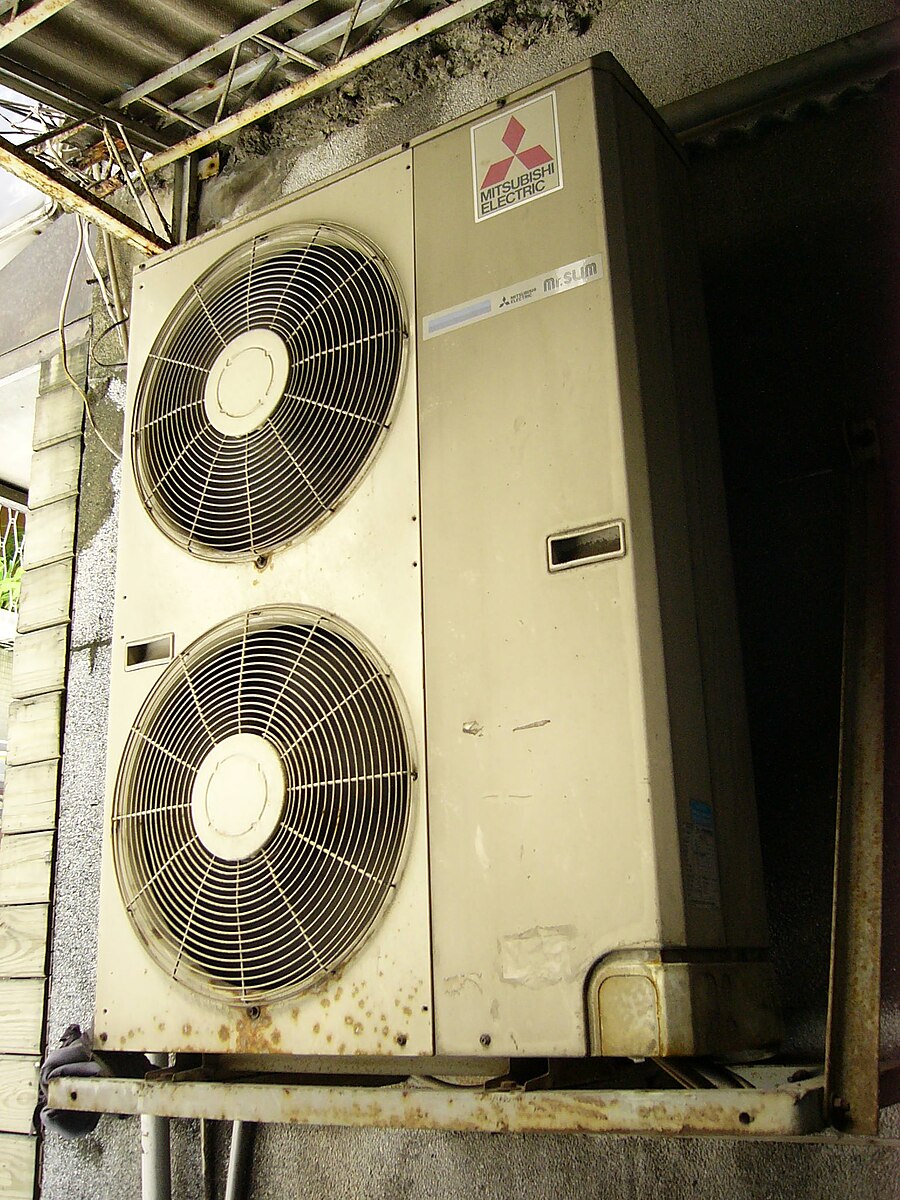When it comes to air conditioning systems, Mitsubishi and Friedrich are two of the most well-known and respected brands in the industry. Both manufacturers offer a wide range of high-quality units, each with their own unique features and benefits. However, when it comes to determining which brand is “better,” it ultimately comes down to the specific needs and preferences of the individual consumer.
Efficiency Comparison
One of the key factors to consider when comparing Mitsubishi and Friedrich air conditioners is their energy efficiency. Mitsubishi is widely recognized for its high-efficiency systems, with many of its models achieving Energy Star ratings. For instance, the Mitsubishi MSZ-FH09NA, a popular mini-split model, boasts a remarkable SEER (Seasonal Energy Efficiency Ratio) rating of up to 33, making it one of the most efficient air conditioners on the market.
In contrast, Friedrich also offers energy-efficient models, such as the Friedrich Kuhl Series, which has a SEER rating of up to 27.5. While this is still an impressive level of efficiency, Mitsubishi generally holds a slight edge over Friedrich in this regard.
Noise Level Comparison
 Image source: Mitsubishi ac By Solomon203
Image source: Mitsubishi ac By Solomon203
Another important consideration when comparing Mitsubishi and Friedrich air conditioners is the noise level of the units. Mitsubishi is renowned for its quiet operation, with many of its models featuring advanced noise reduction technologies. The Mitsubishi MSZ-FH09NA, for example, has a whisper-quiet mode that operates at just 19 decibels, making it one of the quietest air conditioners available.
Friedrich also offers quiet models, such as the Friedrich Kuhl Series, which operates at a relatively low 26 decibels. However, Mitsubishi’s noise reduction capabilities generally surpass those of Friedrich, providing a more peaceful indoor environment.
Installation Flexibility
When it comes to installation options, both Mitsubishi and Friedrich offer a range of choices to suit different needs and preferences. Mitsubishi’s lineup includes both ducted and ductless systems, as well as multi-zone systems that can cool multiple rooms with a single outdoor unit. This versatility allows for greater flexibility in installation and can be particularly beneficial for homes or buildings with unique layouts or space constraints.
Friedrich, on the other hand, offers a variety of window and wall-mounted units, as well as portable air conditioners. This range of options can be advantageous for homeowners or renters who may have limited installation options or prefer a more straightforward, plug-and-play type of setup.
Price Considerations
In terms of pricing, Mitsubishi air conditioners tend to be more expensive than their Friedrich counterparts, particularly for high-end models. This is largely due to Mitsubishi’s advanced features, such as their industry-leading efficiency ratings and sophisticated noise reduction technologies.
However, it’s important to consider the long-term cost-effectiveness of an air conditioning system. While Mitsubishi may have a higher upfront cost, their superior efficiency and performance can translate to significant energy savings over the lifetime of the unit, potentially making them a more cost-effective choice in the long run.
Additional Features and Considerations
When comparing Mitsubishi and Friedrich air conditioners, there are several other factors to consider, such as:
-
Warranty Coverage: Both brands typically offer comprehensive warranty coverage, but the specific terms and conditions may vary between models and regions.
-
Smart Home Integration: Mitsubishi offers advanced smart home integration capabilities, allowing users to control their air conditioning systems remotely via smartphone apps or voice commands. Friedrich’s smart home integration may be more limited in comparison.
-
Aesthetics and Design: Mitsubishi is known for its sleek, modern, and discreet design, while Friedrich’s units may have a more traditional or utilitarian appearance, depending on the specific model.
-
Availability and Accessibility: Mitsubishi and Friedrich air conditioners may have varying levels of availability and accessibility, depending on the region and local HVAC dealers or distributors.
Ultimately, the decision between Mitsubishi and Friedrich air conditioners will depend on the specific needs, preferences, and budget of the individual consumer. It’s important to carefully evaluate the features, performance, and cost-effectiveness of each brand and model to determine the best fit for your home or commercial space.
Conclusion
In the ongoing debate of Mitsubishi vs. Friedrich air conditioners, there is no clear-cut “winner” as both brands offer high-quality, reliable, and feature-rich systems. The choice between the two ultimately comes down to the individual’s priorities, such as energy efficiency, noise levels, installation flexibility, and long-term cost-effectiveness.
By carefully considering the unique strengths and weaknesses of each brand, as well as the specific requirements of your space, you can make an informed decision that will provide you with the optimal air conditioning solution for your needs.
